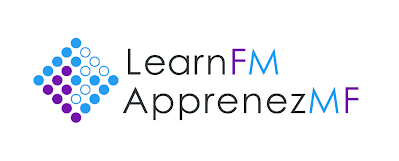Approved July 8, 2014
(organized within the CanMEDS-FMU framework1)
Please note that the following competency objectives are items that are either particularly important in FM or FM is an ideal setting in which to learn them. They are NOT meant to cover general aspects of clinical training performance. (For example, issues of honesty and respect for patients are not specifically listed, as they should be part of a medical school’s general competency framework.)
A medical student completing Family Medicine Clerkship will be able to:
Medical Expert
1. Describe the key elements of an effective doctor-patient relationship.
2. Demonstrate patient-centred medicine (including exploring the illness experience and social context, and shared decision-making to reach common ground).
3. Meet the objectives under each of the SHARC-FM clinical topics (above).
4. Identify management priorities for patient with multiple morbidities.
Communicator
1. Share information with patients in a clear manner (e.g. pathophysiology and treatment options).
2. Write clear and accurate prescriptions for patients.
3. Write clear and accurate requisitions for investigations to work-up patients.
4. Document patient encounters in a SOAP format.
5. Present cases effectively.
Collaborator
1. Describe the roles of consultant physicians and other health professionals for a given patient, including the indications for referral.
2. Write clear and effective requests for consultations.
Manager
1. Seek and synthesize additional patient information (e.g. lab results, old charts, consult reports, pharmacy records, family member, etc.) when indicated.
2. Propose initial patient-centred management plans, including follow-up and use of any community resources.
3. Protect personal health and safety in family medicine settings.
Scholar
1. Conduct focused literature searches around clinical questions that arise from patient care
2. Evaluate the quality and relevance of scientific literature to specific patient scenarios
3. Develop and implement a basic self-directed learning plan when a personal learning need is identified.
Health Advocate
1. Identify issues (social, economic, and resource) for patients and communities that may adversely affect health and access to health care.
2. Propose approaches to resolving identified issues, including the engagement of community resources where appropriate.
Professional
1. Reflect on specific aspects of professional behaviour with regards to how well they performed and how they could do better.
Reference:
CanMEDS-FMU: Undergraduate Competencies from a Family Medicine Perspective. College of Family Physicians of Canada. 2009. Accessible at
http://www.cfpc.ca/uploadedFiles/Education/CanMEDS-FMU_Feb2010_Final_Formatted.pdf
